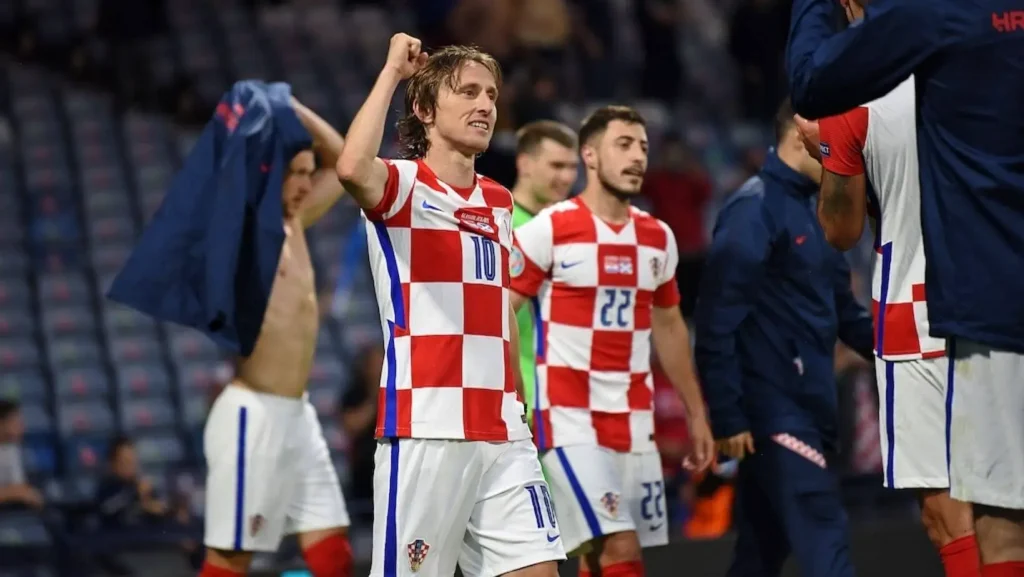Although already in his finer years, Luka Modrić is still one of the core players of the biggest football clubs in the world, Real Madrid. But Luka’s path to stardom was anything but easy, especially when recounting his early childhood days.
Luka’s war history has been retold many times because as a six-year-old boy, he had to leave his family home in Zaton Obrovački, where in front of that house, Chetniks killed his grandfather Luka, after whom he was named.
For many years, Modrić lived with his family in refugee hotels in Zadar – he was in the Kolovare Hotel until 1997, and then he moved to the Iž Hotel. He would go to school and training and moved his focus solely to football, which eased the pain of life’s everyday difficulties.
The separation, time of war, and everything that accompanied Luka’s early years in Zadar were anything but pleasant, but there were many people with big hearts who tried to make those days better.
Namely, Luka received help from a Scottish humanitarian association founded during the war in former Yugoslavia, and its founder Magnus MacFarlane-Farrow (53) admitted his run-in with now football great Luka Modrić on The Scottish Sun.
“Little did we know that among the crowds of kids there was one who would grow up to be a global superstar. But now we can celebrate an amazing moment in the Mary’s Meals story,” said funder and CEO of Mary’s Meals, Magnus MacFarlane-Barrow.
“Today, two million children ate Mary’s Meals in a place of education. When we set out on this path nearly 30 years ago, we were overwhelmed by people’s goodness in donating – and that’s been the story ever since.”
In the beginning, Magnus personally came to Medjugorje with his brother Fergus and delivered help for those in need. And in 2019, to mark the 10th anniversary of the Mary’s Meals branch, he visited Croatia.
“In 2019, my Julie and I travelled back to Croatia for the ten-year anniversary of Mary’s Meals support there.
We enjoyed an amazing evening of dancing and singing in Slavonski Brod, a town we had last visited nearly thirty years previously when it was being ripped apart by war and home to many thousands of refugees.
At the main event in the capital, Zagreb, the following evening, I received a very wonderful surprise when I finished making my short speech.
One of the volunteers climbed onto the stage and presented me with a parcel, which on opening turned out to be a Croatia football top.
I was happy enough with that, being a big fan of their amazing national team, which had reached the World Cup final the previous year, but only when I turned it over in my hands did I realize it was much better than that.
It was a signed gift from Luka Modrić, who was the holder of the Ballon d’Or – so recognised as the best footballer on the planet.
He and his family support Mary’s Meals partly because they were themselves refugees in the coastal town of Zadar when Julie and I used to deliver aid there.
Little did we know that among the crowds of kids there was one who would grow up to be a global superstar.”
Luka Modric won the Golden Ball at the 2018 World Cup, where he also became a finalist with Croatia. He went on to win the Ballon d’Or and was named the men’s best player by FIFA and UEFA for the 2017/18 season. He also won the Golden Ball at the FIFA World Club Cup with Real Madrid, and helped the club win their third consecutive Champions League title. But that’s only part of it, and there is no stopping him yet.
Happy 36th Birthday, Luka!
To follow the latest sports news in Croatia, follow TCN’s dedicated page.
To learn more about sport in Croatia, CLICK HERE.








